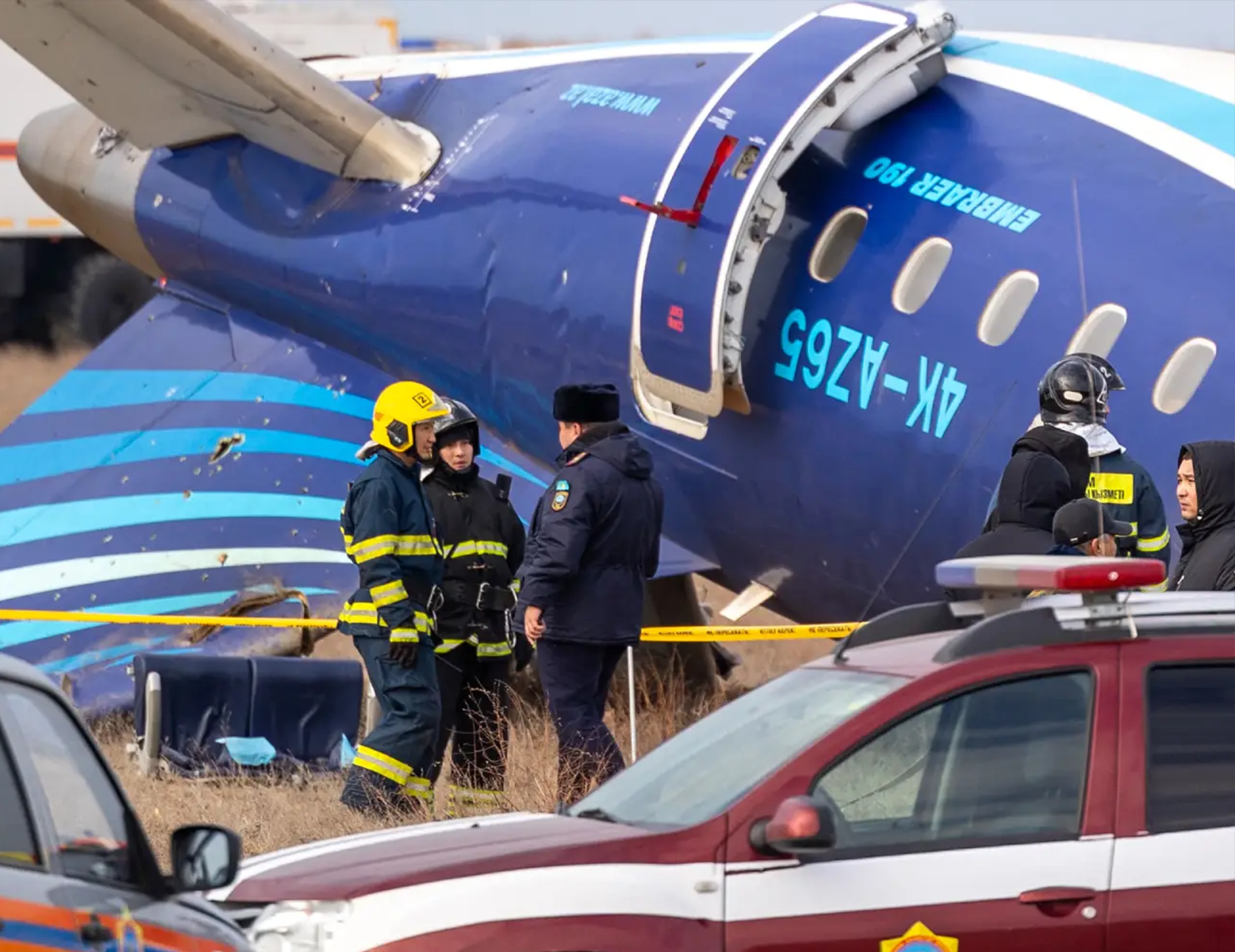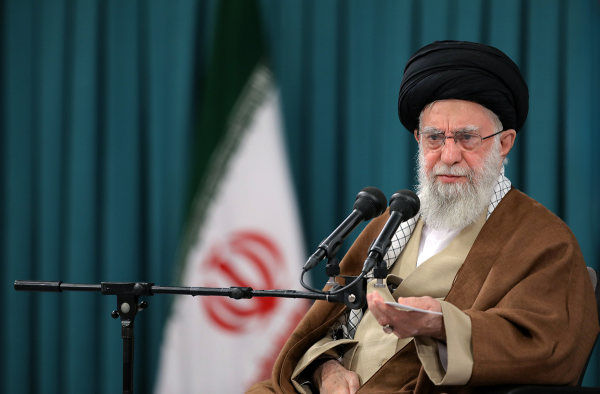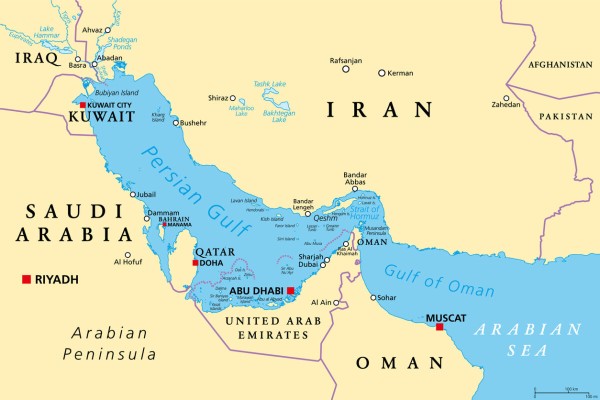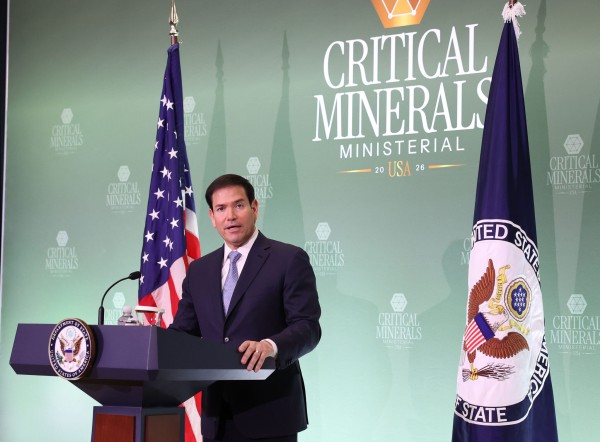The tragic crash of an Azerbaijani airplane: another black swan for Russia?

It is worse than a crime, it is a mistake.
- (usually attributed to) Charles Maurice de Talleyrand-Périgord
The crash of an Azerbaijani Embraer E190AR airplane on the morning of 25 December near Aktau, almost an hour after it had failed to land in Grozny and got damaged, has sent shock waves- first in Azerbaijan and then around the world. Even though initially the crash was reported to have taken place due to an unfortunate event (collision with a flock of birds or an oxygen tank explosion) the decision of President Ilham Aliyev, who at the time of the accident was in the Russian airspace travelling to the CIS summit in St. Petersburg, to take a U-turn and immediately return to Baku, as well as his subsequent statement that “everyone can see how the crash happened”, implying that the truth cannot be disguised, attested to a rather more sinister reality.
An information bomb exploded on the following day, when government-connected Azerbaijani media in parallel with international outlets such as Euronews and Reuters, started to claim that the plane was hit by a missile launched by Russian air defense forces which on that morning were active trying to quell a Ukrainian drone attack. However, the major accusation against Russia consists of the claim that the air traffic controllers in Grozny, and later across the North Caucasus airports deliberately refused to assist the plane with landing and instead forced it to fly over the Caspian towards Kazakhstan- allegedly, in a criminal attempt to let it drown in the sea and cover up the culprits. Azerbaijani MP Rasim Musabeyov reiterated this version and called Moscow to apologise and pay due compensations, reminding of Azerbaijan’s similar behaviour when it struck Russian military targets during the Karabakh campaigns in 2020 and 2023, and hinting that the existing level of relations with Russia may be reconsidered should Moscow fail to do it. On December 27, Baku in a very bold manner refused the offer made by the Chechen leader Ramzan Kadyrov to pay compensation to the victims’ families, stating that “it doesn’t need aid” from Chechnya and instead it seeks an impartial investigation from the Russian side proper. At the same time, a huge outcry has taken over Azerbaijani society, as the calls for Moscow to apologise and for Baku- to review the 2022 Declaration of Allied Interaction which formally declared the two countries allies. Finally, after two days of the Kremlin’s stubborn refusals to concede a possibility of this scenario, on December 28 President Vladimir Putin called his Azerbaijani counterpart and apologised “for the incident that happened in the Russian airspace”. While the Russian leader did mention the activity of air defence forces in the North Caucasus at the time of the event, he didn’t directly admit that it had been the cause of the tragedy, and President Aliyev reiterated his expectations of a comprehensive and unbiased investigation.
Aliyev’s steps demonstrate that the situation cannot be resolved within the “business as usual” framework and Azerbaijan considers its red lines having been crossed. While few people in the first few hours after the tragedy had been expecting such a quick escalation between Baku and Moscow, both pragmatic and principled considerations required Azerbaijan to take a bold stance. Indeed, all the circumstances of the tragedy- the behaviour of traffic controllers who seem to have deliberately refused the plane landing, the decision of Chechen leader Ramzan Kadyrov to award his nephew Hamzat with a medal, upon his report on the successful felling of all the UAVs on December 25, and the fact that the crash happened exactly at the time when Aliyev was on his way to Russia – meant that Baku perceived it as a hostile act and a direct offensive against its security. Moreover, there is evidence that Moscow was trying hard to pressure Azerbaijan to keep silence, which only added insult to injury, so much that Aliyev spoke about this in his interview to Azerbaijani state television AzTV with a visible irritation.
Given Azerbaijan’s growing self-confidence when it comes to its rhetoric towards foreign countries, even powers like U.S., France or Iran, any attempts to sugarcoat the tragedy would have been perceived as damaging to the national prestige. At the same time, there was simply too much information available that revealed the true nature of the damage the plane had suffered, and it would have anyway hit the headlines around the world. The Aktau crash story very quickly went out of the bilateral Azerbaijani-Russian agenda to acquire both intra-Russian and global contexts. It became a classic “black swan”, already a third one for Moscow this December after the collapse of the Assad rule in Syria and oil spill in the Black Sea. These “black swans”, exposing systematic vulnerabilities of Russian domestic governance and foreign policy, are threatening to seriously challenge governmental authority and reputation, potentially triggering a chain of consequences that could spill out of control.
When it comes to the domestic aspect of the issue, President Putin has found his personal prestige significantly challenged. For the current Russian elites, public apology from another state, particularly a small post-Soviet state, which are traditionally considered Moscow’s natural backyard, is a significant loss of face. This can explain why Putin had waited three days to finally make his half-hearted apology, which, while not completely satisfying his Azerbaijani counterpart, already exposed his “weakness” in front of the domestic hardliners. These days have emphasized the shift in the balance of power in the post-Soviet space which is not to Russian favour, while sending signals to Moscow’s other former “small brothers” to defend their sovereign interests and prestige more assertively. The “Declaration of Allied interaction” between Baku and Moscow, while not imposing significant liabilities on the latter, at the same time enable Azerbaijan to demand fairer treatment from its northern neighbour. In general, the protracted war in Ukraine and the need to alleviate the effects of the Western sanctions have been making Russia increasingly dependent on the countries it has always intended to control.
Another elephant in the Kremlin’s room is of course Kadyrov, his factor once again exposed as a source of instability that Moscow struggles to control. There is a strong anti-Kadyrov lobby which has been arguing for years that he acquired way too much power and wealth for a regional leader and effectively rules Chechnya as if it’s not part of Russia anymore. On a number of occasions, Kadyrov interfered as a party to political, economic or merely personal conflicts in Russia, most recent case being the Wildberries affair which pitted him against the Daghestani oligarch Suleyman Karimov. Many people inside Russian military are frustrated with the Chechen units’ role in the Ukraine war, calling them “TikTok forces” who just imitate active participation on the frontline. Recently, Kadyrov has been accused of orhestrating an assassination attempt at two high-level Uzbek officials, Komil Allamjonov and Dmitry Li, bringing attention to his growing interference into other states’ affairs.
While Putin definitely understands the potential dangers of granting so many privileges to Kadyrov, he is in many aspects dependent on him for stability in the North Caucasus as well as maintaining good relations with some countries in the Middle East; the Chechen leader has sometimes acted as an informal Russian emissary in Saudi Arabia, UAE, Syria etc. But while the Russian leader had been capable of using his personal bonds with the former warlord-turned-loyalist to keep this relationship within limits until his full-fledged invasion of Ukraine, it’s becoming increasingly difficult since 2022. To sustain the war effort, Putin has to account for the interests of the military establishment, as well as so-called “patriotic circles”, Russian imperialists and nationalists, for whom Kadyrov, as a devout Muslim who doesn’t particularly try to cover that his Chechnya follows Islamic and national traditions rather than Russian law, has always been a bogeyman. There are reports of his long-lasting feud with some key figures among Russian siloviki, such as Nikolai Patrushev and the Head of Investigation Committee Alexander Bastrykin. Putin is wary that attempts at curbing the Kadyrov clan’s influence may result in dangerous destabilisation; on the other hand, the plane tragedy exposed that the degree of autonomy Chechnya enjoys may lead to incidents which undermine Russia’s relations with friendly countries and even hurt Putin’s personal authority. As Russia has acquired a reputation of a rogue state ignoring international norms anyway, having a subnational actor with a propensity to interfere with foreign affairs and even less regard for basic rules can exacerbate Moscow’s international isolation.
The logic of the war which has demanded from Moscow to embark on a gradual transformation of the regime from an oligarchic autocracy into a more populist and nationalist one, fits very uneasily with the character of the Russian president, who has always preferred behind-the-curtain agreements and careful balancing to radical and controversial decisions. Putin is known for his aversion to external pressure and the feeling of being cornered. However, this time it will be very hard for him to muddle through without acting. The fact that Russian armed forces hit a civilian airplane of a friendly country while later refusing it to land, gives strong arguments to the proponents of a total boycott against Russia at the moment when the voices of those in the West criticising Ukraine and arguing for the end of the war and some kind of normalisation with Moscow, are getting stronger. Syrian events and the airplane case may hurt Russia’s carefully built image of a rising anticolonial power and the friend of the “Global South” since they uncover imperialism, arrogance, as well as vicious infighting and bad governability which is particularly painful for Putin. This may destroy what remains of Russian reputation among neutral countries who up to now have not felt ethical barriers for cooperation with Moscow but now can be scared off by such sociopathic and irresponsible behaviour.
As the Ukrainian war and confrontation with the West continue, it becomes more and more difficult for the Kremlin to sustain the feeling of normality (“everything goes on according to the plan”, as they like to put it) which has guaranteed overall domestic stability. Russia is still being governed in the manual regime, most problems are rather managed rather than resolved- but as a result, sporadic cracks emerge in various parts of the system and the major risk is that at some moment the quantity of these cracks may turn into quality, leading to a systemic crisis or even collapse. In a nutshell, the picture is that Putin, in a desperate pursuit of the main prize- victory over the “collective West”- is rapidly losing even those political assets he has always been endowed with. This is exactly the strategic expectation of Kyiv and its diehard supporters in the West, who will definitely capitalise on the implications of the Christmas day tragedy.







